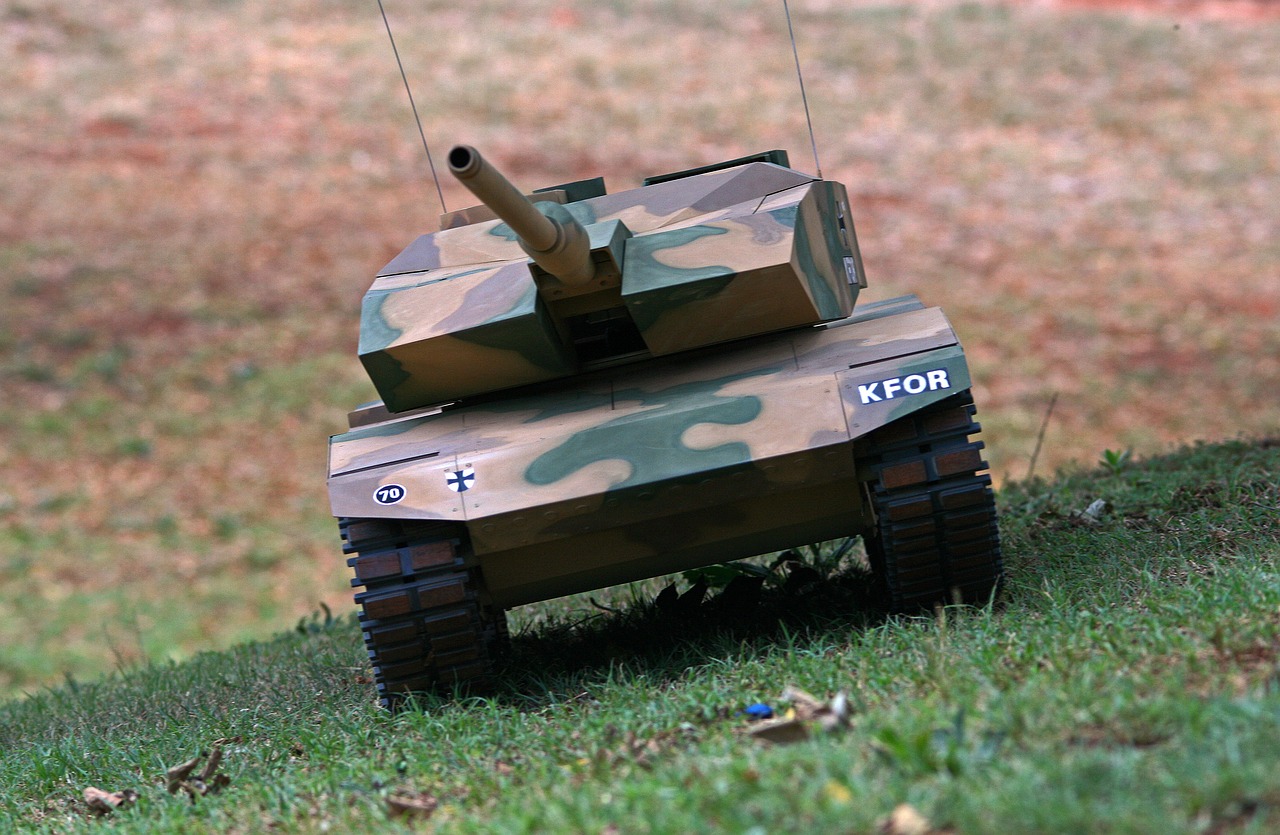
Czech President Petr Pavel has emphasised NATO’s perception of Russia as the primary threat in Europe, signalling the alliance’s readiness for a major conflict. Speaking at the summit of the Visegrad Group, which includes the Czech Republic, Poland, Hungary, and Slovakia, President Pavel reiterated the collective commitment of Central European nations to stand by Ukraine in its ongoing struggle against Moscow. He acknowledged that Moscow would require years to restore its combat capabilities from Russia, but urged caution, noting that the outcome of the conflict in Ukraine plays a pivotal role.
All armies are preparing for the possibility of a high-intensity conflict, underscoring the gravity of the geopolitical situation and the necessity for military readiness within NATO. The differing perspectives within the Visegrad Group underscore the complexities of navigating regional alliances and interests, particularly in the context of ongoing tensions between Ukraine and Russia.
„We’ve all agreed that it is in our imminent interest that Ukraine succeed,” concluded President Pavel.
Czechia views Russia as a national security threat due to historical, geopolitical, and contemporary factors. Historical memories of Soviet influence during the Cold War era, including the Soviet-led invasion in 1968, contribute to Czechia’s wariness of Russian intentions. The annexation of Crimea in 2014 and Russia’s destabilizing actions in Eastern Europe, including support for separatist movements in Ukraine, have heightened concerns.
Geopolitically, Czechia is a member of NATO and the EU, aligning itself with Western democratic values. Russia’s assertive foreign policy, cyber-espionage activities, and disinformation campaigns are perceived as challenges to the security and sovereignty of Czechia and its European allies. The Salisbury poisoning incident in the UK, attributed to Russian agents, raised awareness about the reach of Russian intelligence activities.
Energy dependence adds another dimension to the security equation. Czechia, like many European countries, used to rely on Russian energy sources, primarily natural gas. This dependency raised concerns about potential vulnerabilities and the strategic leverage Russia may have in influencing Czechia’s energy security.
Moreover, Czechia is situated in a region where Russia has sought to assert its influence, sometimes through unconventional means. The presence of Russian intelligence activities and influence operations in Central and Eastern Europe underscores the perceived security threats posed by Russia.
The 2014 explosion at an ammunition depot in Vrbětice, recently attributed to Russian intelligence agents, has further strained Czech-Russian relations. This incident, described as an act of state terrorism, highlighted the potential risks posed by Russia to Czechia’s national security.
In response to these perceived threats, Czechia has actively engaged in NATO activities, participated in joint defense initiatives, and enhanced its cybersecurity measures. Moreover, diplomatic efforts within the EU have aimed to maintain a unified stance against Russian actions, emphasizing the importance of collective security.
Czechia’s perception of Russia as a national security threat is multifaceted, encompassing historical legacies, geopolitical considerations, energy dependencies, and contemporary challenges. As part of the broader European security landscape, Czechia actively collaborates with its allies to address these concerns and safeguard its sovereignty and stability in the face of perceived Russian threats.






